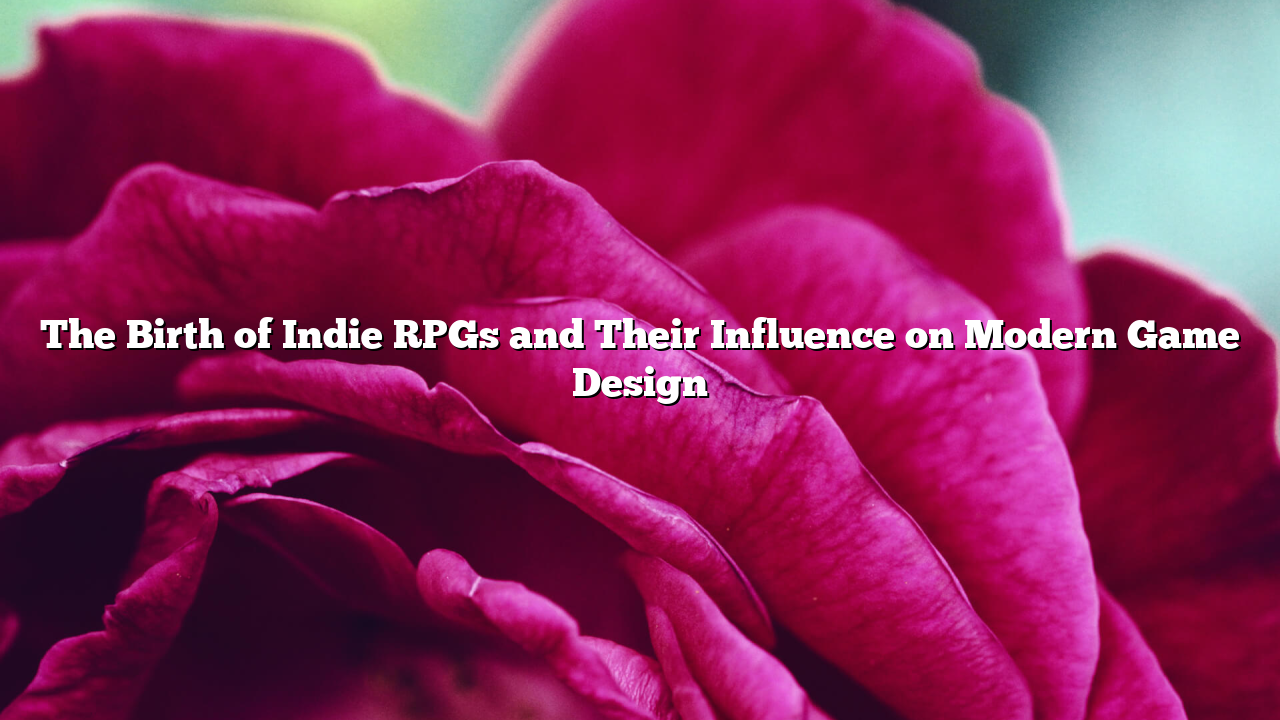The rise of indie RPGs in the late 2000s and early 2010s marked a turning point in the industry, proving that small teams—or even single developers—could raja toto88 create influential role-playing experiences without massive budgets. Before this era, RPGs were typically associated with large studios and long development cycles. However, the growth of digital distribution platforms like Steam, Xbox Live Arcade, and the Nintendo eShop allowed indie developers to reach global audiences with creative, unconventional ideas.
One of the earliest breakout hits of the indie RPG movement was Undertale (2015), created by Toby Fox. Its unique battle system, which allowed players to spare enemies rather than defeat them, challenged traditional RPG conventions. The game’s quirky humor, emotional storytelling, and meta-narrative techniques demonstrated how indie titles could deliver fresh perspectives on familiar mechanics.
Similarly, Disco Elysium (2019) redefined what narrative-driven RPGs could be. With no traditional combat system, the game relied entirely on dialogue, skill checks, and player choices to shape the story. Its deep political themes, complex characters, and innovative skill system earned widespread acclaim, proving that indie RPGs could rival big-budget titles in narrative depth.
Indie RPGs also revitalized classic pixel-art aesthetics. Games like CrossCode, Chained Echoes, and Stardew Valley embraced retro visuals while modernizing gameplay systems, appealing to both nostalgic players and newcomers. This movement showed that graphical fidelity is not the only path to immersive gameplay.
The indie RPG revolution also expanded representation and storytelling diversity. Developers from various cultures and backgrounds could now tell stories previously unseen in mainstream gaming, enriching the genre’s narrative possibilities.
Today, indie RPGs continue to push boundaries in design, experimentation, and emotional impact. Their success has permanently shifted the RPG landscape, proving that innovation often comes from the smallest studios.
